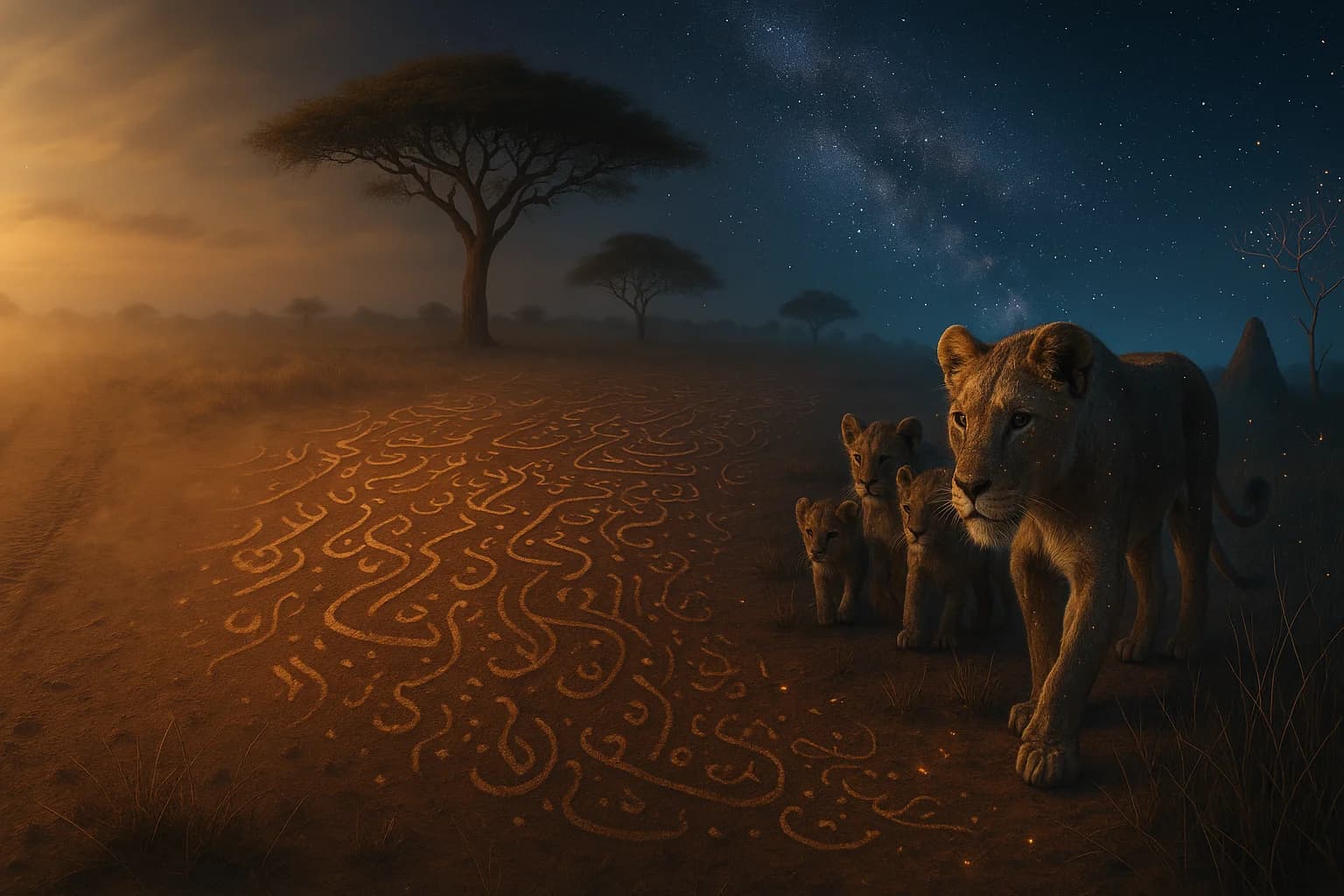Who Tells History Shapes What It Honors

Until the lions have their own historians, the history of the hunt will always glorify the hunter. — Chinua Achebe
—What lingers after this line?
One-minute reflection
What feeling does this quote bring up for you?
Power Over Story, Power Over Memory
Achebe’s image of hunters and lions distills a perennial truth: storytellers decide what counts as courage, cruelty, or progress. When only the hunter writes, the chase becomes a tale of skill while the lion’s suffering fades to scenery. This asymmetry is not merely poetic; it is political. Control of narrative can sanctify conquest, justify policy, and normalize inequality, ensuring that future generations inherit glory without context and violence without names.
The Colonial Archive and the Victor’s Lens
Building on this insight, imperial records often framed exploration and conquest as civilizing missions. From dispatches and travelogues to administrative blue books, the archive privileged the hunter’s vantage point. Postcolonial critics like Edward Said in Orientalism (1978) showed how such texts constructed the colonized as objects rather than subjects. Achebe’s own novel Things Fall Apart (1958) counters this by centering Igbo voices, demonstrating how perspective transforms events from inevitable progress into ruptured lives and contested meanings.
Oral Tradition as Counter-History
Consequently, communities long excluded from print left robust records in performance and memory. Griots recount the Sunjata epic to transmit political wisdom; Yoruba praise poetry encodes genealogies and civic ethics. Far from anecdotal, such sources can be methodologically rigorous. Jan Vansina’s Oral Tradition as History (1985) outlines techniques for assessing reliability through cross-checking, chronology, and motif analysis. When historians admit these forms, the lion acquires voice, motive, and agency, not merely claws.
Examples That Shift the Lens
For instance, the Battle of Adwa (1896) is triumph in Ethiopian chronicles but was long minimized in European narratives; reading both archives revises the meaning of African resistance. Similarly, accounts of Kenya’s Mau Mau uprising were once dominated by colonial security reports until Caroline Elkins’s Imperial Reckoning (2005) drew on survivor testimony and newly opened files to expose systematic detention and torture. Earlier, C. L. R. James’s The Black Jacobins (1938) reframed the Haitian Revolution as a world-historical struggle for freedom rather than a colonial disturbance.
Media, Metrics, and Today’s Hunts
Moreover, the digital age multiplies hunters and lions alike, yet power still tilts toward who designs platforms and trains models. Safiya Umoja Noble’s Algorithms of Oppression (2018) shows how search results can reproduce racial and gender biases, quietly curating what readers deem authoritative. Even crowdsourced spaces like Wikipedia reflect participation gaps, shaping which topics are detailed and which remain stubs. Thus, data abundance does not guarantee narrative justice without intentional inclusion and oversight.
Practices That Let Lions Speak
In response, ethical history-making invites collaboration and consent. Community archives, participatory oral histories, and tools like Mukurtu CMS enable Indigenous and local communities to set access protocols and contextualize materials. Likewise, the Subaltern Studies collective (Ranajit Guha, ed., 1982) proposed reading against the grain of official documents to recover peasant and worker agency. When historians triangulate sources and share authority, the story broadens from exploit to encounter, from silencing to dialogue.
From Hunter’s Glory to Shared Memory
Ultimately, Achebe’s proverb is a method as much as a warning: seek the lion’s historian. By diversifying archives, honoring oral testimony, and interrogating platforms that amplify some voices while muting others, we move from celebratory myth to accountable memory. In that wider chorus, the hunt no longer guarantees glory; it yields understanding—and with it, the possibility of justice.